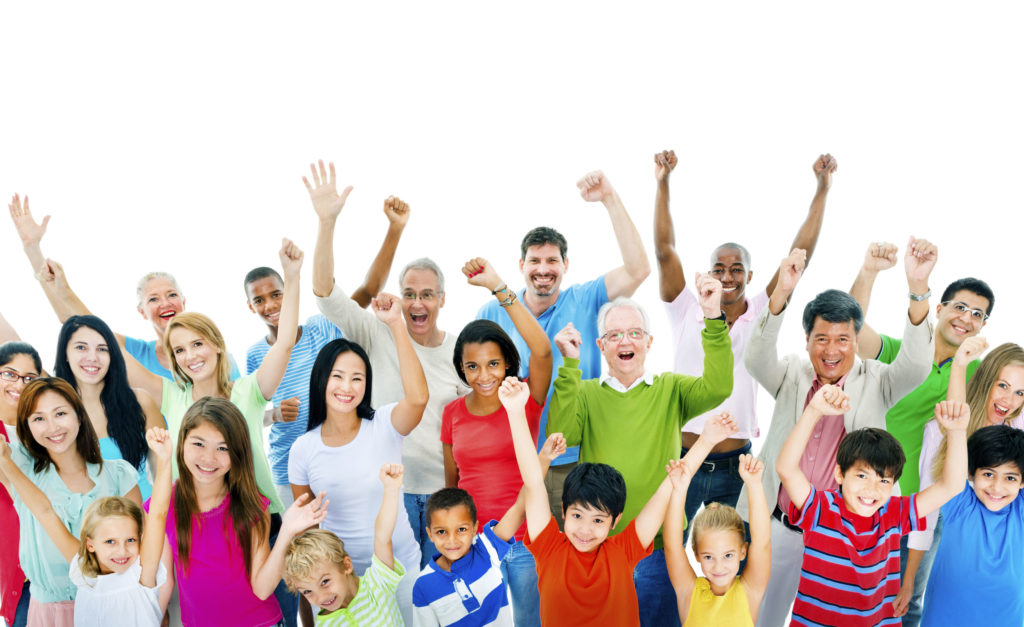
Being Connected: How Living in a Diverse Community Can Change Your Life
In today’s interconnected, interdependent world, we don’t exist alone in our families and communities. Life is globalized: Our food is influenced by diverse cultures, our clothing and household goods are produced or sourced from other areas, and our finances are affected by global markets. Even our vocabulary is imported. And that makes it all the more important to understand the story behind the people who impact our lives each day.
But diversity plays a role in our local communities too, and it goes far beyond what we eat, wear, and celebrate. Living, socializing, and working amid a diversity of cultures and perspectives allows us to develop the skills to keep our own relationships and families strong and free of friction.
Broader problem-solving skills: The broader we think, the greater our chances of arriving at the best possible solution to whatever problem we may be facing. A wide range of cultural and social backgrounds means that diverse groups can problem-solve creatively by thinking outside the box. And exposure to different viewpoints teaches us as individuals y to think broadly too, even when we’re problem-solving on our own or within our families or cultural communities.
Increased empathy: Working with people of different cultural backgrounds helps us to develop empathy, fostering a more cooperative society, and allows us deeper, more productive connections with family, friends, and others in our communities. Empathy is the key to stable relationships in all areas of our lives; understanding how others see their world allows us to better understand our own lives and face challenging situations related to our finances, our health, and the people we need in our lives.
Ability to cope with change: Resilience is what keeps us sane amid a world where we can’t control everything, whether on a physical (like weather patterns) or social level. A multidiverse society adapts better in crises because the diversity of experiences means flexibility and adaptability in the face of change. During personal crises or difficult times in our families, the emotional intelligence we gain by engaging with many different perspectives allows us to consider problems from multiple points of view rather than becoming stuck. And we’ll be more used to cooperative problem solving, something that’s even more important when the stakes are high—and personal.
Critical thinking skills: If we are exposed to more information and varying perspectives, we’ll approach small-scale and large-scale conflict more effectively because we’ll understand how background and life experiences influence the way people think, speak, and act. This skill is particularly helpful in the workplace, where emotionally based decision-making can damage business relationships or harm productivity. In our personal lives, critical thinking allows decision-making with lessened anxiety, creating a more stable community.
Self-compassion: Developing the ability to put ourselves in someone else’s shoes not only helps us develop empathy but also leads to self-compassion. Connecting with people of different backgrounds teaches us to give ourselves grace by appreciating how our own past and present affect the way we act and react.
Deeper relationships with our own communities and cultures: The more we understand other cultures, the more we will appreciate where we came from and how it has shaped us. Engaging with other cultures may make us curious about our own or prompt us to connect with our cultural heritage and the people and places of our past, allowing us to feel more secure in who we are and who we may become.
Cooperation and collaboration are more important than ever—and not just on a global stage. The diverse cultures and backgrounds that make up our world give us the opportunity to develop skills that deepen our understanding of ourselves, our families and friends, and our communities.